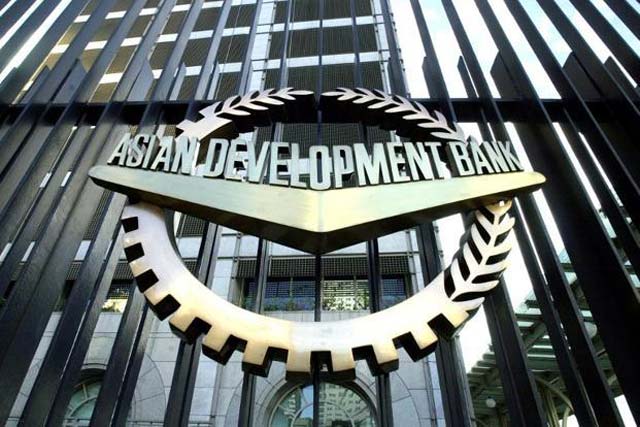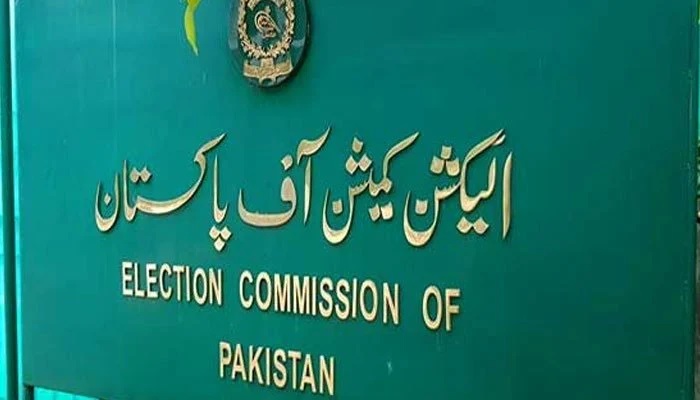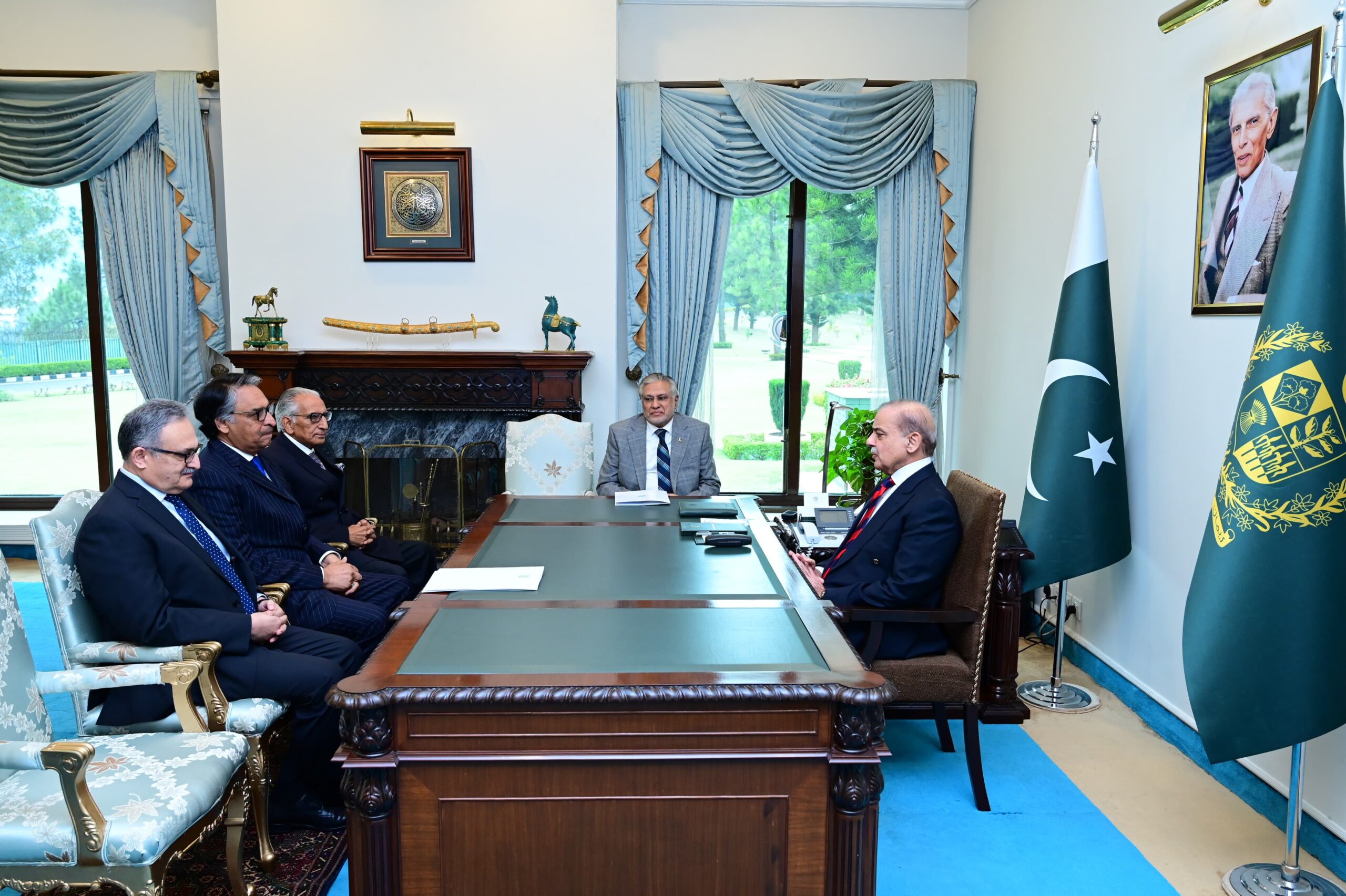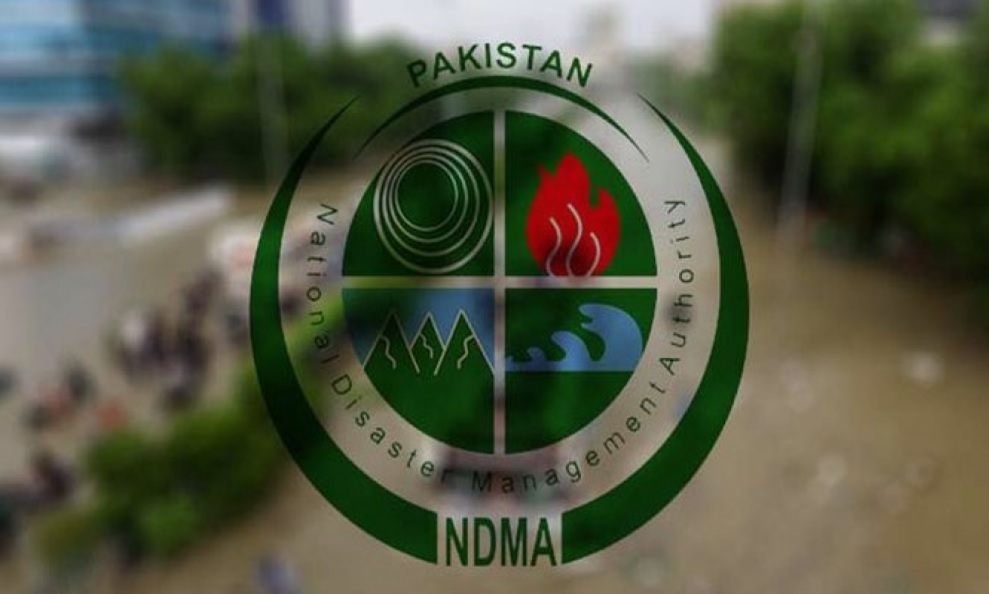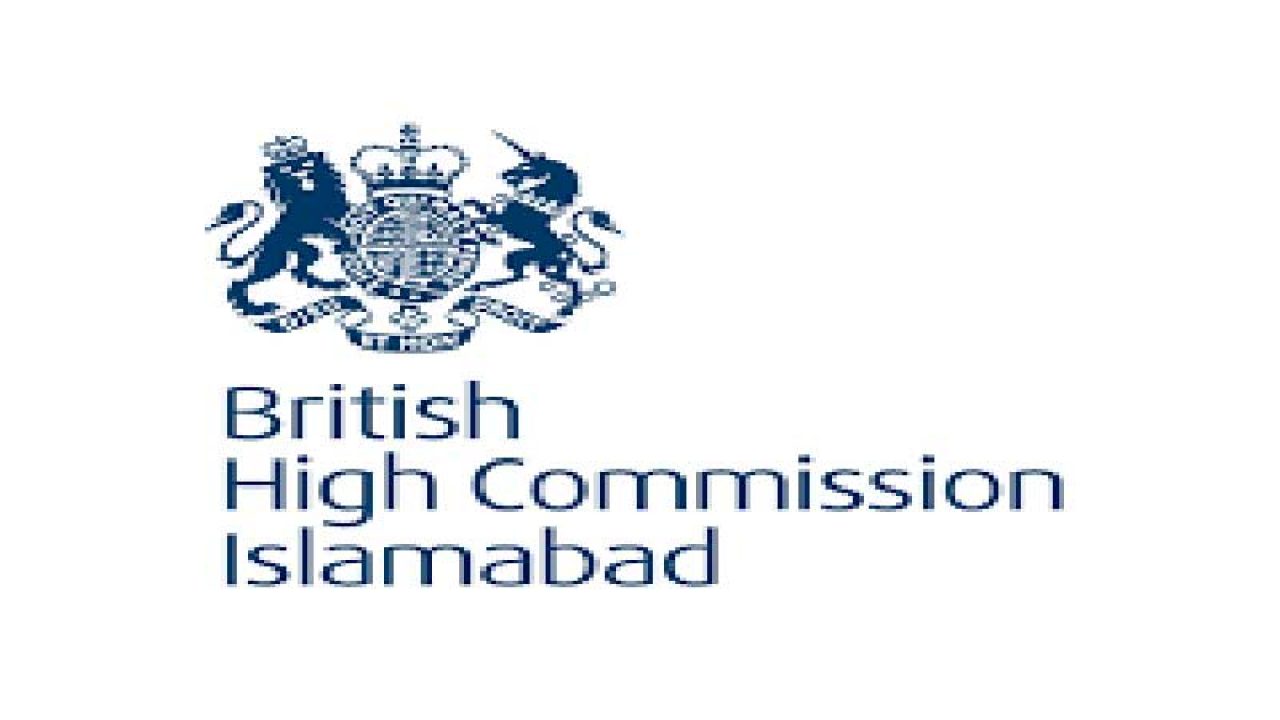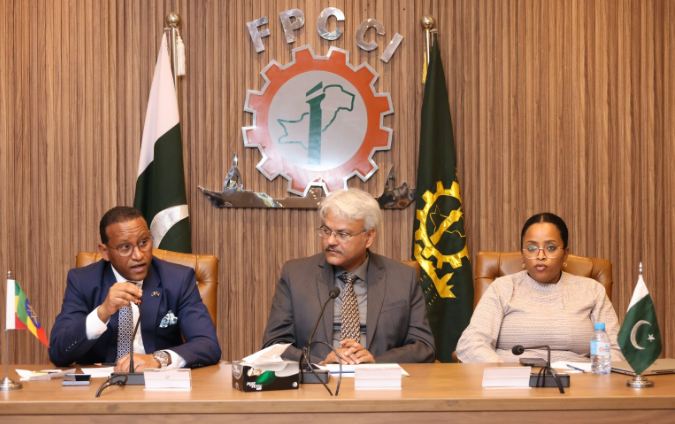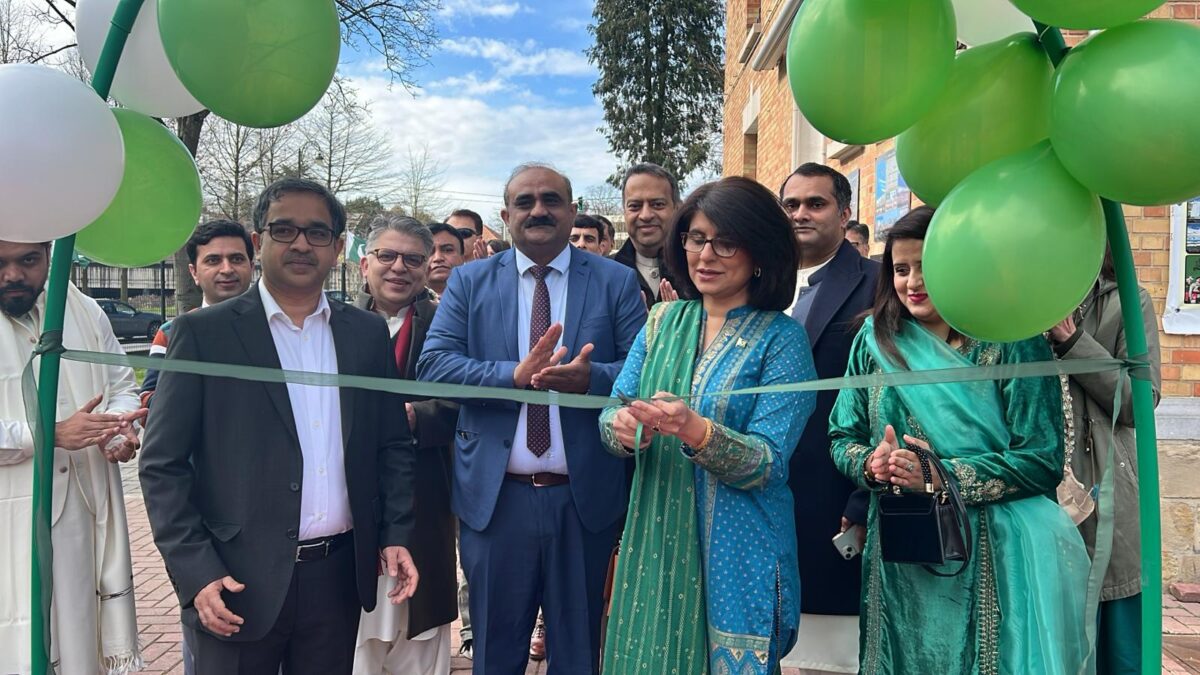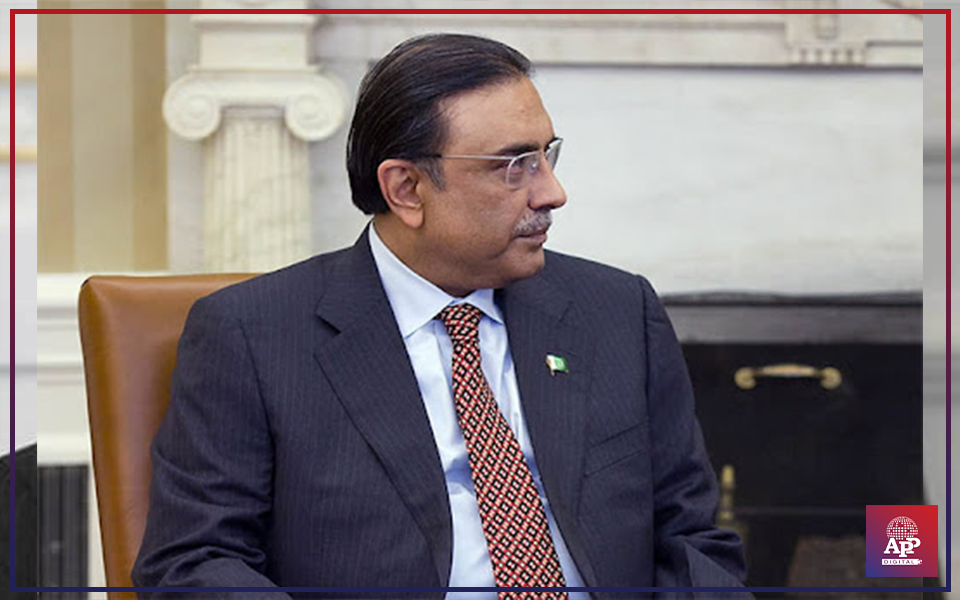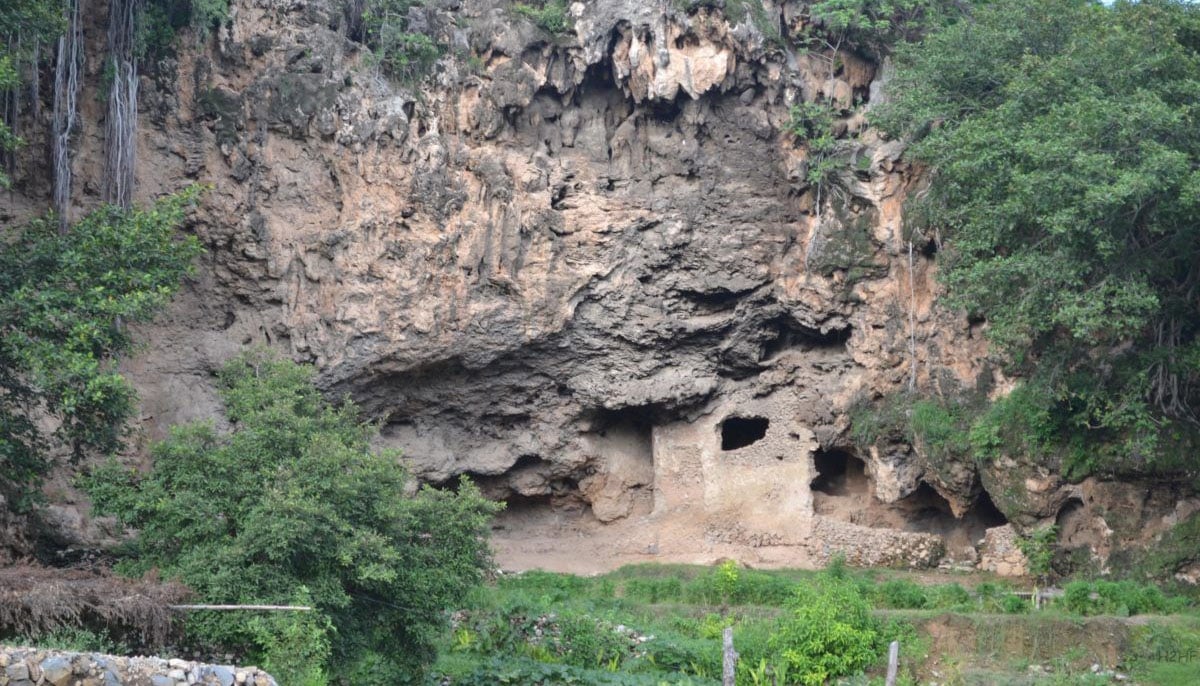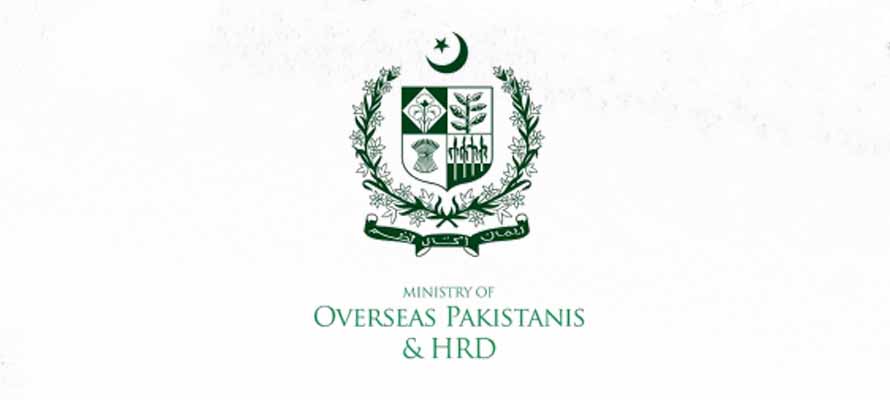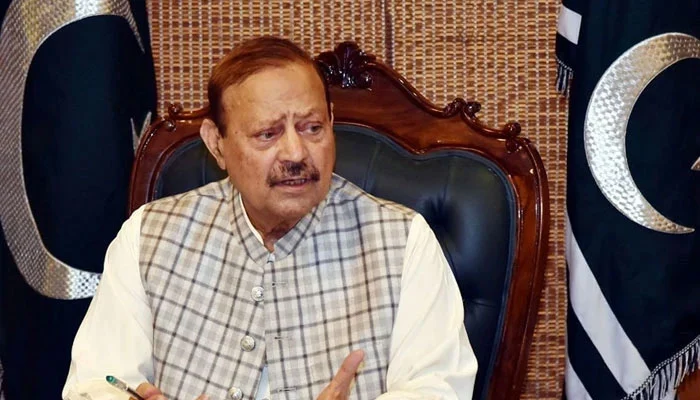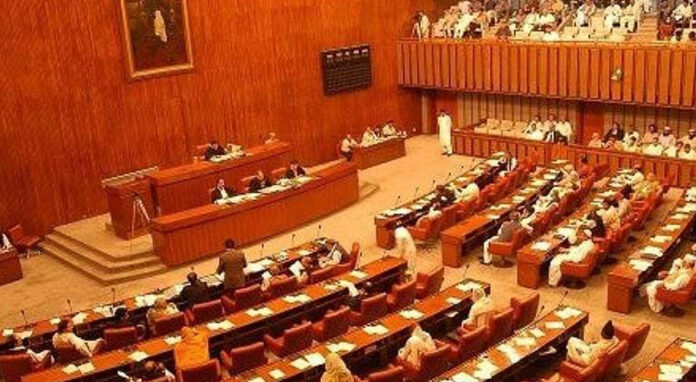ISLAMABAD, March 09 (APP): Asif Ali Zardari, President of Pakistan Peoples Party Parliamentarians (PPPP), on Saturday, received majority votes of the electoral college, comprising the parliament and provincial assemblies, paving way for him to assume the office of President of Pakistan, for the historic second time in country’s parliamentary history.
The members of the ruling alliance supported the former president and PPP stalwart Asif Ali Zardari against Pakhtunkhwa Milli Awami Party (PkMAP) Chairman Mahmood Khan Achakzai, who was backed by Sunni Ittehad Council (SIC).
He will serve the country as the 14th elected President of the country.
WHO IS ASIF ALI ZARDARI?
Asif Ali Zardari, is the widower of Pakistan’s first female prime minister Shaheed Benazir Bhutto.
Born on July 26, 1955, in Karachi, Asif Ali Zardari is the son of Hakim Ali Zardari, a tribal chief and prominent landowner.
Zardari served as the 11th president of Pakistan from 2008 to 2013 and was the first politician to complete a full term in office. He has been a member of the national assembly of Pakistan since August 2018.
Since December 27, 2007 assassination of former prime minister Benazir Bhutto, he had been leading the PPP.
His son, Bilawal Bhutto Zardari, is the chairman of PPP.
Zardari served as a member of the National Assembly from 1990 to 1993 and from 1993 to 1996. After Benazir Bhutto’s return to power in 1993, he served as minister of the environment (1993–96) and federal minister for investment (1995–96) in her government.
On January 2008, he was elected as Co-Chairman Pakistan Peoples Party following the assassination of his wife.
HIS ACHIEVEMENTS
Under 18th Amendment, he gave away the presidential powers to strengthen parliamentary democracy and bolstered provincial autonomy, coined political reconciliation, helped policies that encompassed freedom of media, revolutionized telecommunications, revived Pakistan’s energy sector, opened Pakistan to foreign direct investment and strengthen state-owned enterprises.
The PPP government under his leadership got a consensus among all the political parties on the seventh National Finance Commission (NFC) award which increased the provinces’ financial autonomy.
The PPP-led government also unveiled the Aghaz-i-Huqooq-i-Balochistan package aimed at fast track progress and development in the province.
To eradicate crippling polio disease from the country, President Asif Ali Zardari also launched Pakistan’s National Emergency Action Plan 2011.
The historic Benazir Income Support Programme (BISP) was also a Zardari’s brainchild that became the first widely acknowledged social safety net in the region that earned accolades internationally.
In 2013, former Chinese Premier Li Keqiang and former President Asif Ali Zardari agreed to build an economic corridor between the two countries which gave birth to the China-Pakistan Economic Corridor (CPEC).
The historic milestone of Belt and Road Initiative further enhanced the mutual connectivity between the two countries, opened vistas of progress and development and generated unprecedented employment opportunities to Pakistanis.
While he also helped reset the contours of the country’s foreign policy garnering international community’s support on various regional and global issues.
